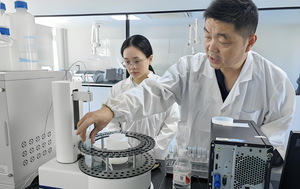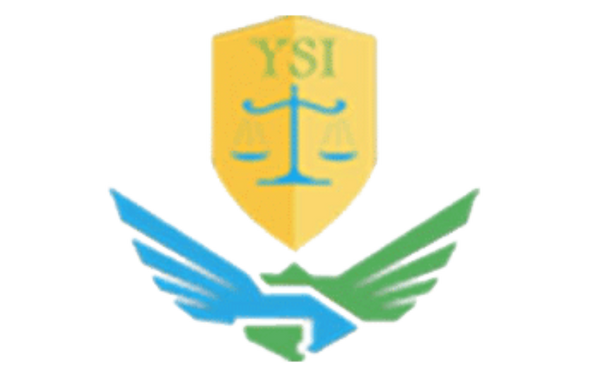
What is Final Production Inspection (FRI)? What is the importance of Final Production Inspection?
Final Random Inspection , also known as Pre-shipment Inspection (PSI inspection), is part of supply chain management and an important quality control method for customers to check the quality of goods purchased from suppliers.
PSI inspection ensures that production meets the buyer's specifications and/or the terms of the purchase order or letter of credit. Final Inspection (FRI) is the inspection of finished products when the order is 100% completed and at least 80% completed for export packaging. Random samples are selected for inspection according to the Acceptable Quality Limit (AQL) standards and procedures.

Advantages of Final Production Inspection
PSI inspection or Final Random Inspection (FRI) has many advantages, but most people agree that its core value is the ability to ensure that the quality of goods produced overseas is verified at the point of manufacture.
This quality control process also saves a lot of time. Once the goods arrive in the destination country, it becomes costly to correct defects and requires additional transportation and time delays. By discovering any faults and errors in the batch before shipment, it is easier for the supplier to resolve the problem in a timely manner.
Pre-shipment inspection reduces risks inherent in e-commerce, such as phishing and fraud.
Whether using in-house staff or a third-party quality control agency, most PSI inspectors follow uniform sampling procedures and acceptance criteria.
Acceptable Quality Limit Table (AQL Table)
The so-called AQL table is widely used in Asia and around the world for final random inspection of consumer goods. This clever model uses statistical data analysis to define the maximum acceptable number of defects in a batch (i.e. the number of defects that the buyer can tolerate) in order to decide whether to reject the batch.
AQLs vary by industry, so they always provide a balanced and unbiased assessment. You can also further adjust the standards to suit your quality expectations.
Sampling plan
Instead of testing each product individually, inspectors use a sampling plan (reference ISO 2859-10:2006 or ANSI/ASQ Z1.4-2008) to determine how many random samples are needed to accurately reflect the quality of the entire batch. This means you can save time and money - especially useful when the inspection date is close to shipment.
General Inspection Level II is the most comprehensive inspection, sampling a larger proportion of goods than the lower-end General Inspection Level I. Choosing an AQL General Inspection Level depends on the quality risk you face and the type of product you inspect. For general consumer products, we recommend at least General Inspection Level II; while automotive or medical products should use General Inspection Level III.
Share this product

What is Final Production Inspection (FRI)? What is the importance of F
Final Random Inspection, also known as Pre-shipment Inspection (PSI inspection), is part of supply chain management and an important quality control method for customers to check the quality of goods purchased from suppliers.
